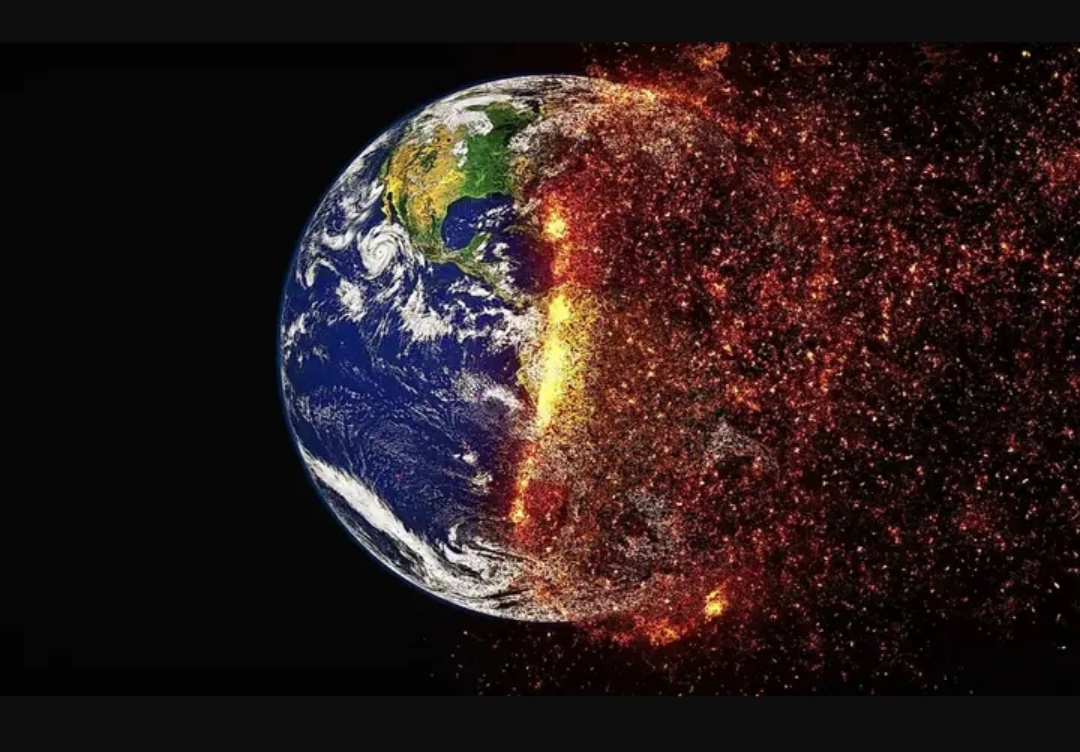
Scientists are warning that life on Earth might end sooner than we think. A recent study by researchers from the University of Bristol suggests that extreme climate conditions and the formation of a new supercontinent could make the planet unlivable for humans and most animals. The study was published in the journal Nature Geoscience.
The researchers say three big things will combine to make Earth dangerously hot in the future: the way a giant landmass changes the climate, the sun getting hotter, and a big increase in carbon dioxide.
As the continents slowly come together to form a supercontinent, it will lead to stronger temperature swings. A larger landmass means less influence from the oceans, which help keep temperatures stable. At the same time, the sun will give off more energy, and more CO2 will be released by volcanic activity, making the atmosphere trap even more heat.
This combination will create a very harsh environment with little food or water, making it almost impossible for mammals, including humans, to survive. Future temperatures might regularly reach 40°C to 50°C (104°F to 122°F), with even hotter days. High humidity will make it even worse because our bodies won’t be able to cool down through sweating. Without a way to manage heat, humans and many other animals will not survive.
One of the main concerns is the rise in CO2 levels, expected to go from 400 parts per million now to over 600 ppm in the next 250 million years, mostly due to volcanic activity. If we continue burning fossil fuels, we could reach those levels much sooner. This added CO2 will trap even more heat, worsening global warming and pushing many species toward extinction.
An image from the study shows the predicted average temperatures in 250 million years when a new supercontinent, called Pangea Ultima, forms. Most of the planet would be too hot for mammals to live.
Even though this possible future is millions of years away, the study shows how Earth’s systems are deeply connected. It also reminds us that while we can’t stop all natural changes, we can still act now to slow down today’s climate change and keep Earth livable for as long as possible.




